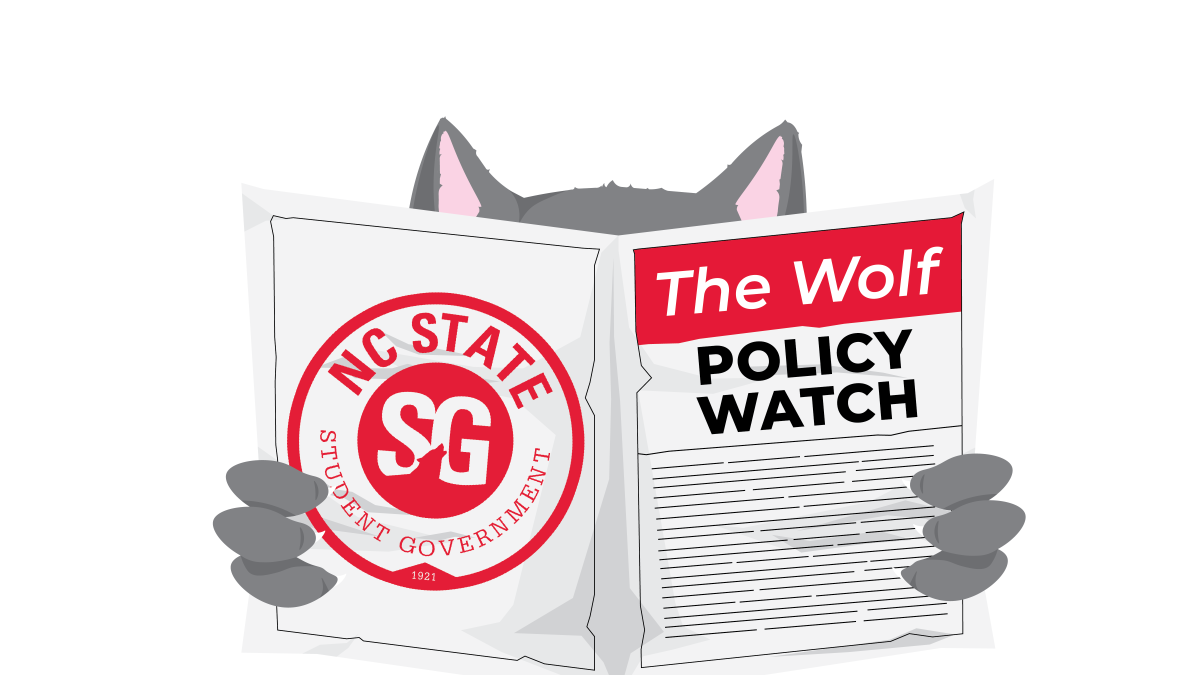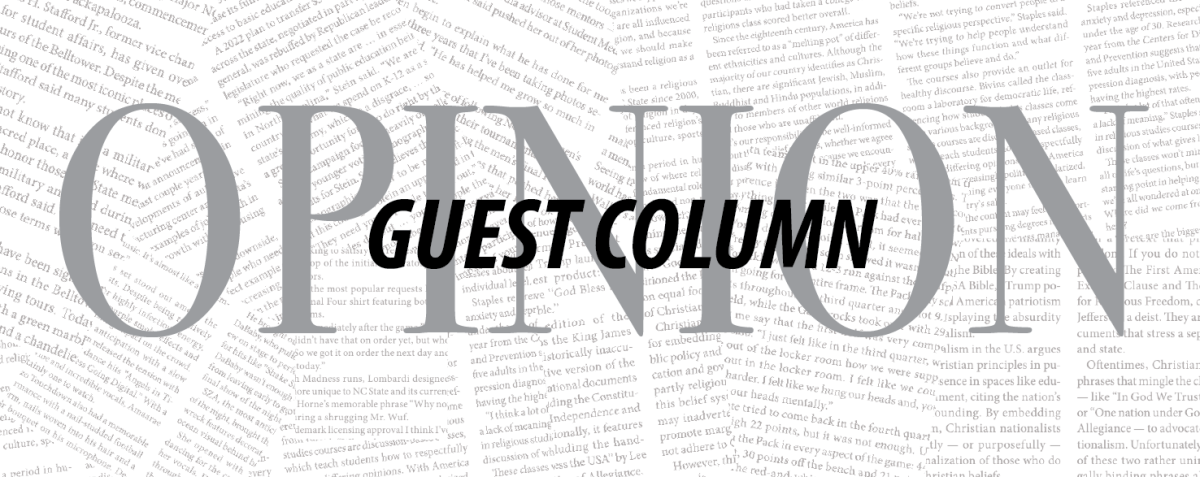North Carolina is currently the only southern state where voters do not have to show a form of ID to cast a ballot, but a voter ID law could be in our state’s future. Protecting the rights of everyone to vote, no matter their access to ID should matter to people of all political affiliations. Until everyone can get an ID, the potential laws are unjust.
From estimates from the American Civil Liberties Union and Project Vote, over 10 million Americans live without a legal form of identification. Like many advantages in the United States, white people have less of a struggle to obtain an ID. Those without IDs are disproportionately Black, Hispanic, poor or over the age of 65. The LGBTQ community also has difficulty obtaining an ID that matches their gender identity, impacting their ability to vote.
Racial overtures of the past attempts to pass a voter ID in North Carolina have not passed legal scrutiny. The General Assembly’s 2016 voting law was nicknamed the “monster law” for its solidification of future majorities for the party in power in North Carolina. Prior to the creation of the law, the speaker of the House asked for “a breakdown, by race, of those registered voters in your database that do not have a driver’s license number.”
Using that data, legislators achieved a powerful law that included a combination of gerrymandering and the photo ID requirement. These provisions ended up unfairly discriminating against voters of color.
The law required ID for the primaries in 2016 but was struck down as unconstitutional soon after. A similar policy was created in 2018, but it was racially discriminative in the court’s opinion. Political leaders repealed the decision, so the law is currently making its way through the appeals process. Depending on how these judges view the oral arguments made in early October, a voter ID law could be a disappointing reality.
People without a formal means of identification struggle in many realms beyond voting. These people cannot legally drive, fly on a plane, attend college, open a checking account or obtain a paycheck. To access almost any government service, you must verify who you are. According to the nonprofit organization ID to Work, it is impossible to escape homelessness without a form of identification.
For most of us, the process of getting an ID is just a part of getting your first job, a driver’s license or taking an international trip. Every NC State student used an ID to enroll for the first time. For those who have already begun their adult life without a passport, driver’s license or another option, the barriers to obtaining one can seem insurmountable.
When you are unable to drive, the DMV or a passport agency may be out of reach. Without the ability to work a regular, legal job, the $13 fee charged to obtain an ID seems much more expensive. Getting an ID also requires you to provide verification of address, social security number and a copy of your birth certificate, which can be a battle, especially if you are homeless or without an easy means of transportation.
North Carolina lawmakers can look at the impact of voter ID laws in other states like Texas and Alabama to see their damaging effects. The Government Accountability Office found that voter ID laws reduce voter turnout by 2-3 percentage points. In a purple state like North Carolina, those votes could easily swing an election.
Even though people with IDs are barred from many parts of public life, they still contribute to society and deserve the right to vote. Organizations like VoteRiders are working to provide people with the proper forms of ID to vote in states where laws are already in effect. Until the process of getting an ID is simplified and universally accessible, passing a voter ID law would be undemocratic. People without IDs vote across the political spectrum and deserve to exercise the same rights as all other citizens.
Candidates on this year’s ballot for the General Assembly, the Court of Appeals and the Superior Court will impact decisions like voter ID. Whether you have an ID or not, vote during this election because it may not be so easy for everyone to do so in North Carolina forever. Find your polling location for election day through the North Carolina Board of Elections website.











